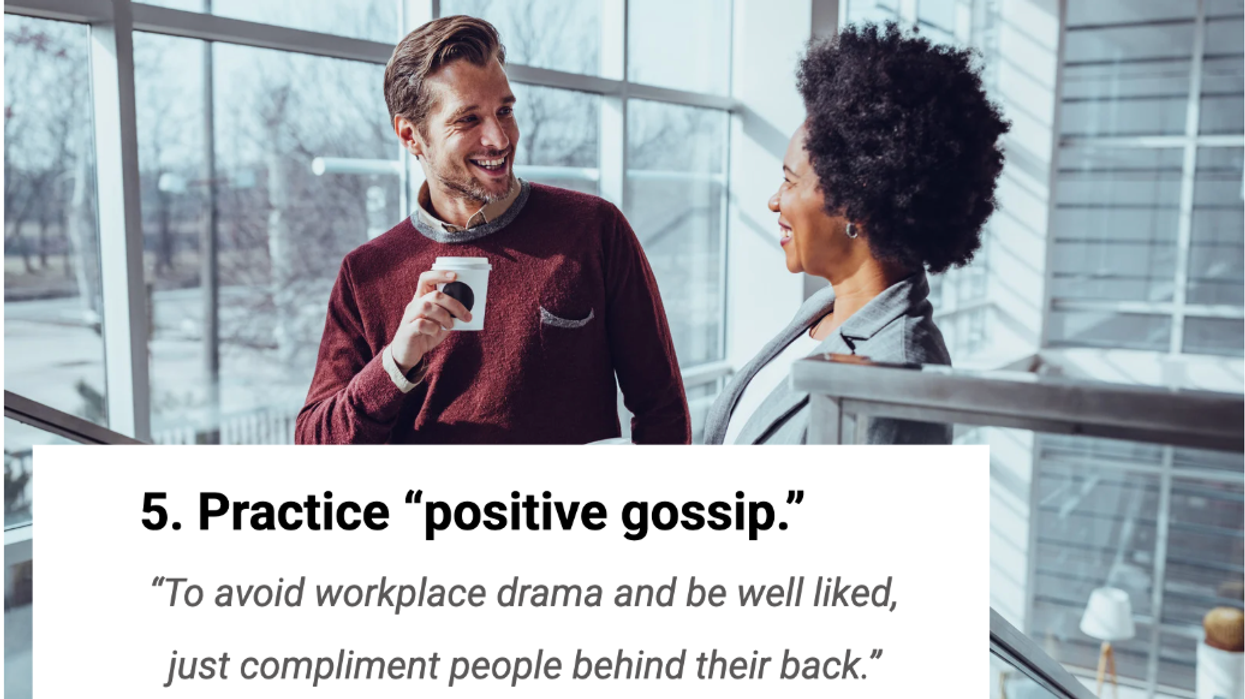For the past 14 years, we’ve watched images of war-torn Iraq on the evening news, heard about soldiers who’ve lost limbs and lives, and have been promised that the divisive and costly war would come to an end so America could finally move on.
But what about the people who actually live there?
As many in the western world decry the conflict for ideological reasons, the Iraq War and the ensuing fighting have had very real consequences for those who call the country home.
While nearly 5,000 U.S. soldiers have been killed in Iraq since combat began in 2003, no one knows exactly how many Iraqis have lost their lives due to the decade-long war — though many estimates place the number somewhere around 200,000. And since the so-called Islamic State (known as ISIS or Daesh) invaded the region, the assault on civilians has been even more brutal.
Still, life goes on for those trapped in the combat zone, and War Child UK ensures the conflict’s most vulnerable victims — children — can experience some semblance of normalcy, even in the direst of circumstances.
The group, which was launched in 1993 by filmmakers David Wilson and Bill Leeson after they witnessed the Bosnian genocide, provides educational and livelihood support and protection for children in war zones. It’s the only organization that is solely focused on advocating for young people in combat zones, and War Child serves youth from nine countries, including Iraq, Syria, the Democratic Republic of Congo, and the Central African Republic.
In Iraq, War Child UK has set up several child-friendly spaces for those who have been displaced by the conflicts. The group has also rolled out a number of mobile libraries, which offers children and adults access to books that not only help to take their mind off the violence, but also help them to continue their education.
For many children, the learning spaces and libraries have been a godsend.
[quote position="left" is_quote="true"]Children have missed out on at least two years of schooling, and have experienced high levels of psychosocial distress, heavily impacting their learning.[/quote]
“When Daesh arrived, everything changed. All people hated them. After they came I stopped going to school as all they taught was how to use weapons,” said Rami, who benefits from War Child UK’s educational services, continuing:
“Life was very tough, we just held on inside the house, we knew that outside there were explosions and bombs. I used to play with my friends in the street but the Hezb [religious police] would punish us if we played in the evening. In the TLS [temporary learning space] I am learning the alphabet and get to play with my friends.”
Rami isn’t alone. According to War Child UK, in and around Mosul, “children have missed out on at least two years of schooling, and have experienced high levels of psychosocial distress, heavily impacting their learning.” Because of this, War Child UK seeks to provide the 26,000 children in Iraq’s displaced person camps who lack access to education a way to learn.
Though the task is daunting and young people struggle with trauma from witnessing such devastating violence, the group is having a positive impact on their lives.
13-year-old Karim said:
“In the beginning, it was very difficult as I didn’t have any friends or family but the TLS has been a great place to be. I have 9 brothers and 6 sisters. When Daesh entered, in the beginning, I didn’t have any idea about them. In the beginning, they said they were here to save and protect us. But after a while we saw that they have come to kill people.”
Like the nearly 150,000 people who’ve been forced to flee their homes because of the fighting in Iraq, Karim and his family sought solace in one of the country’s displaced peoples camp.
“A Daesh fighter came into our house and said that ‘I will not leave.’ He said, ‘We will live together or die together!’ An aeroplane fired a rocket at our house; the house became black with smoke. We escaped to a room but Daesh came and made us leave. Then another rocket hit the house. Then the Iraqi army arrived. It was like a dream. We got to an army checkpoint. When I come to the TLS and play, I can forget for a while.”
During a war, access to education isn’t always seen as imperative, but War Child UK argues that “it is a vital part of the humanitarian response” that “is not a luxury that can wait until other survival needs are met.”
















 Volunteers who drive homeless people to shelters talk with a person from Ukraine in Berlin on Jan. 7, 2026.
Volunteers who drive homeless people to shelters talk with a person from Ukraine in Berlin on Jan. 7, 2026.
 Tasks that stretch your brain just beyond its comfort zone, such as knitting and crocheting, can improve cognitive abilities over your lifespan – and doing them in a group setting brings an additional bonus for overall health.
Tasks that stretch your brain just beyond its comfort zone, such as knitting and crocheting, can improve cognitive abilities over your lifespan – and doing them in a group setting brings an additional bonus for overall health. Overdoing any task, whether it be weight training or sitting at the computer for too long, can overtax the muscles as well as the brain.
Overdoing any task, whether it be weight training or sitting at the computer for too long, can overtax the muscles as well as the brain.
 Leonard Cohen performs in Australia in 2009.Stefan Karpiniec/
Leonard Cohen performs in Australia in 2009.Stefan Karpiniec/  Enjoying a sunset.Photo credit
Enjoying a sunset.Photo credit 


 Amoxicillin is a commonly prescribed broad-spectrum antibiotic.
Amoxicillin is a commonly prescribed broad-spectrum antibiotic.  Chart: The Conversation, CC-BY-ND
Chart: The Conversation, CC-BY-ND
 An envelope filled with cashCanva
An envelope filled with cashCanva Gif of someone saying "Oh, you
Gif of someone saying "Oh, you
 Two penguins play by the waterCanva
Two penguins play by the waterCanva